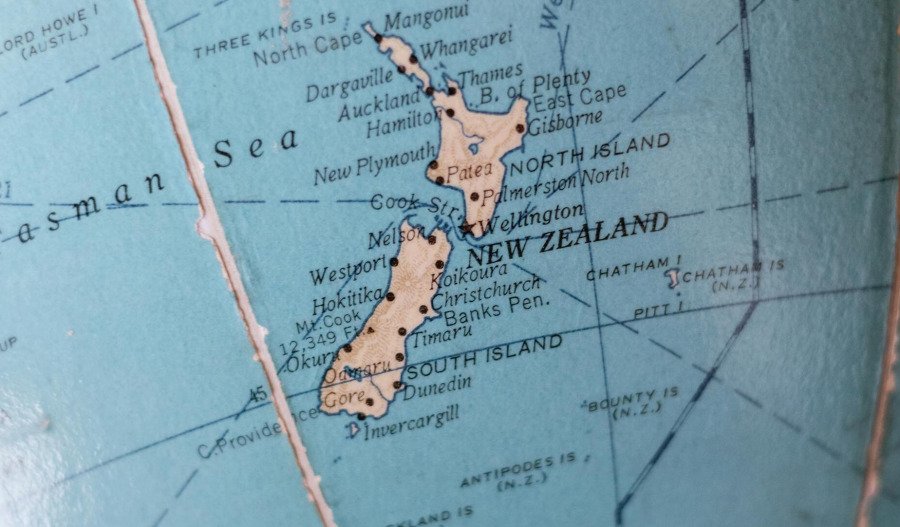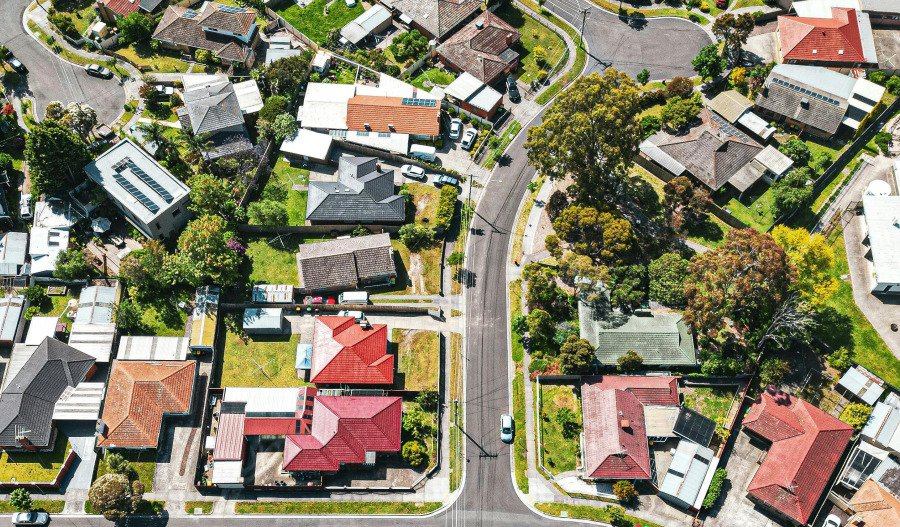Australian building approvals fell sharply in March 2025, with broad declines across dwelling types and states, amid a continued slowdown in residential construction activity, despite a surge in non-residential projects.
According to the Australian Bureau of Statistics (ABS), the seasonally adjusted estimate for total dwellings approved declined 8.8% to 15,220 in March.
Approvals for private sector houses fell 4.5% to 8,804, while private sector dwellings excluding houses - a category that includes apartments, terraces, and townhouses - slumped 15.1% to 6,104.
“The falls were seen across all dwelling types in March with private dwellings excluding houses down 15.1%, and private sector houses 4.5% lower,” said Brock Hermans, ABS Head of Construction Statistics.
State-level data showed declines in most regions for total dwellings: Tasmania fell 42.2%, Victoria lost 31.6%, Western Australia dropped 20.5%, and South Australia dipped 11.9%.
In contrast, New South Wales added 19.6% and Queensland increased 5.8%.
The number of private sector house approvals nationally fell 4.5%, following a 1.1% rise in February, and was 3.3% lower than the same month last year.
Regionally, approvals fell in Victoria, down 10.0%, Queensland, declining 8.0%, and New South Wales, which fell 2.5%. Western Australia rose 10.3% and South Australia lifted 4.6%.
The sharp drop in apartment approvals was a key driver of the broader residential decline. Approvals for dwellings excluding houses fell 15.1%, following a 1.3% decline in February, though the segment remained 47.1% higher than in March 2024.
Despite the weakness in residential approvals, the value of total buildings approved rose 9.4% to A$15.59 billion, thanks to a significant lift in non-residential projects.
The value of total residential buildings dropped 7.6% to $8.98 billion, following an all-time high of $9.72 billion in February. This included an 8.6% fall in new residential buildings and a 0.7% drop in alterations and additions.
In contrast, the value of non-residential building approvals surged 46.0% to $6.61 billion, recovering from a 21.9% decline the month prior. This was 17.8% higher than March 2024, with Victoria accounting for 58.6% of the total.



